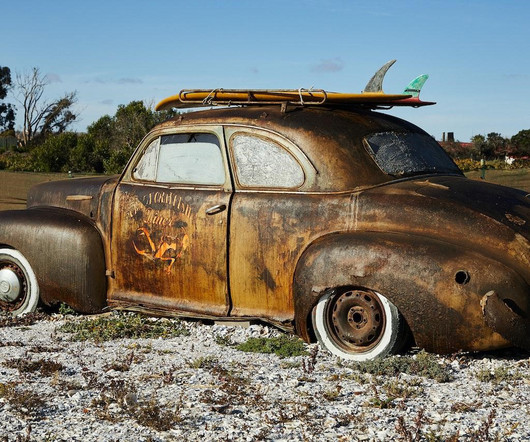ASU research finds that Cash for Clunkers rebates were too high to prompt car upgrades
Green Car Congress
MARCH 25, 2019
The study found that people would have been more likely to upgrade their cars if rebates had been less and if they had been offered as straight discounts—not trade-in refunds. Under the federal program, buyers could get a $3,500 or $4,500 rebate, depending on how much more efficient their new car was. Three professors in the W.





















Let's personalize your content